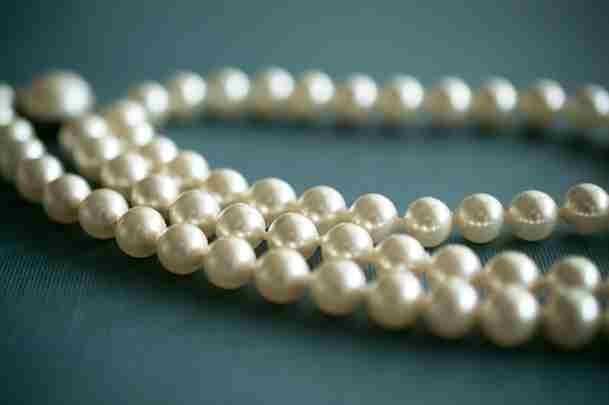Pearls have been prized for their beauty and rarity for centuries. They are a natural gemstone formed within the shell of an oyster or other mollusk, and are often used in jewelry and other decorative items. However, with the rise of veganism and ethical consumerism, many people are now asking the question: are pearls vegan? In this article, we will explore the answer to this question in depth.
What are Pearls?
Before we can determine whether pearls are vegan, we must first understand what they are and how they are formed. Pearls are formed when an irritant, such as a piece of sand or a parasite, enters the soft tissue of an oyster or other mollusk. In response to the irritant, the mollusk secretes a substance called nacre, which builds up around the irritant in layers, forming a pearl.
Natural pearls are extremely rare and valuable, and are typically found in the wild. However, most pearls used in jewelry today are actually cultured pearls. Cultured pearls are created by deliberately introducing an irritant into an oyster or other mollusk, and then harvesting the resulting pearl after it has formed.
Are Pearls Vegan?
Now that we understand how pearls are formed, we can tackle the question of whether they are vegan. Veganism is defined as a way of living that seeks to exclude, as far as possible and practicable, all forms of exploitation of, and cruelty to, animals for food, clothing or any other purpose.
Pearls are formed within the soft tissue of an oyster or other mollusk, which means that the process of creating pearls involves the exploitation of animals. The mollusks used to create pearls are often kept in crowded conditions in farms, where they are subjected to stress and other forms of mistreatment. In addition, the process of harvesting pearls can be traumatic for the mollusks, as they are often killed in the process.
For these reasons, many vegans choose to avoid pearls and other materials that are derived from animals. However, it is important to note that not all vegans have the same beliefs and values, and some may choose to wear pearls despite their animal-derived origin.
Alternatives to Pearls
If you are a vegan or an ethical consumer who wishes to avoid animal-derived materials, there are several alternatives to pearls that you can consider. Some of these include:
- Glass Pearls – Glass pearls are a popular alternative to real pearls, and can be made to look almost identical to the real thing. They are also more affordable and come in a wide range of colors and sizes.
- Plastic Pearls – Plastic pearls are another affordable alternative to real pearls. They are lightweight and come in a variety of colors and sizes. However, they are not as durable as other materials, and may scratch or become discolored over time.
- Swarovski Pearls – Swarovski pearls are a type of crystal pearl that are made by Swarovski, a well-known manufacturer of crystal jewelry. They are made using a proprietary technique that creates a high-quality, durable pearl-like finish.
- Other Gemstones – If you are looking for a natural gemstone that is vegan-friendly, there are many options to choose from. Some popular alternatives to pearls include amethyst, citrine, and turquoise.
Ultimately, the choice of whether or not to wear pearls is a personal one, and will depend on your own beliefs and values. However, it is important to be aware of the process by which pearls are created, and the potential harm that can be caused to animals in the process.
Conclusion
In conclusion, pearls are not vegan, as they are formed within the soft tissue of an oyster or other mollusk, which involves the exploitation of animals. However, there are many alternatives available for those who wish to avoid pearls and other animal-derived materials, such as glass pearls, plastic pearls, Swarovski pearls, and other gemstones.
As ethical consumers, it is important to be aware of the impact our choices have on animals and the environment. By choosing to wear vegan-friendly materials, we can make a small but significant contribution towards a more sustainable and compassionate world.
It is also important to note that the issue of animal exploitation extends far beyond the world of pearls and jewelry. Many other products, such as clothing, cosmetics, and household items, also involve the exploitation of animals in their production. By educating ourselves and making conscious choices, we can work towards a more compassionate and sustainable future for all.
In conclusion, while pearls may be beautiful and luxurious, they are not vegan-friendly due to the exploitation of animals involved in their creation. As ethical consumers, we can choose to opt for alternative materials that are more sustainable and compassionate, and make a small but meaningful contribution towards a better world.

